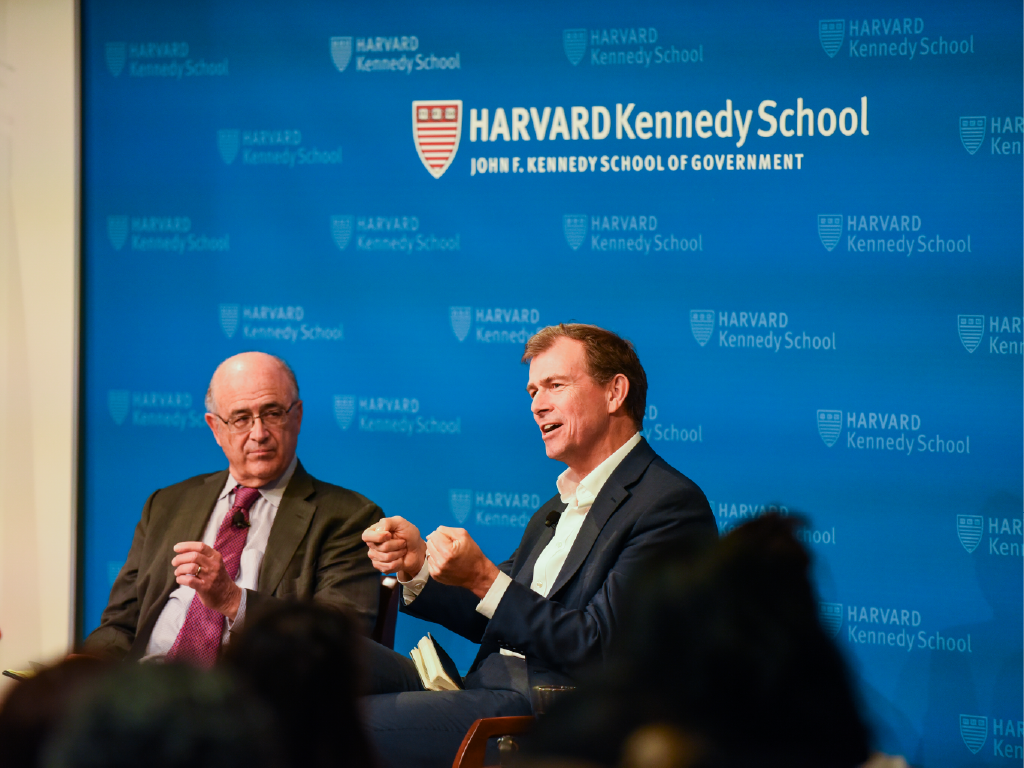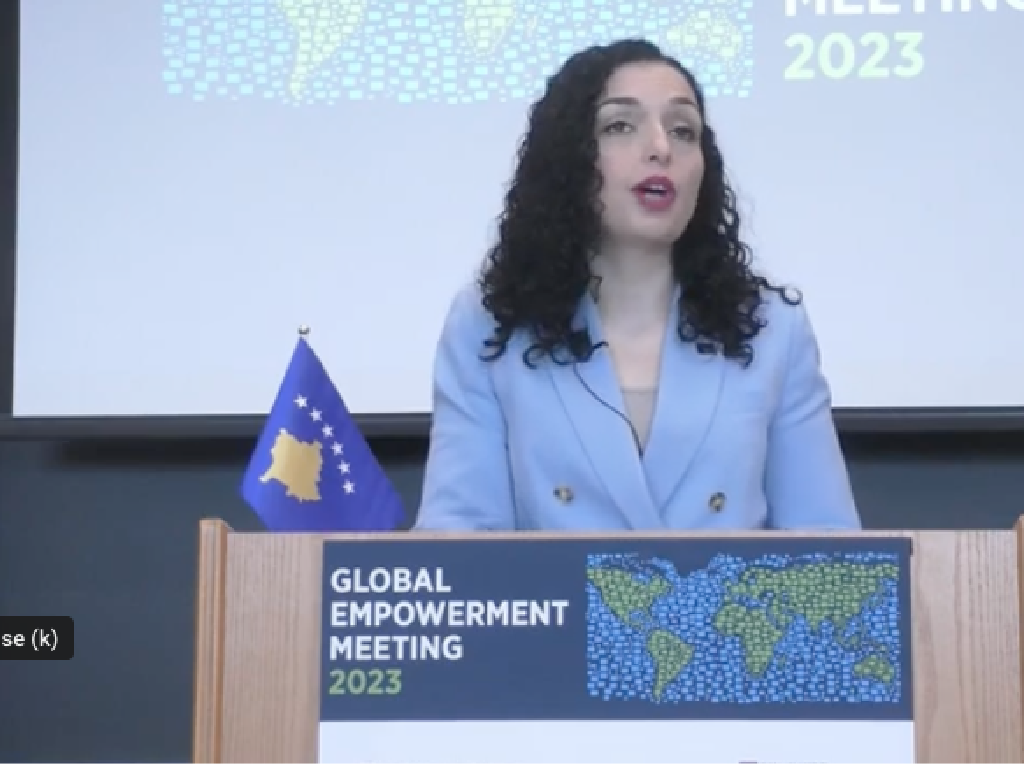Despite making significant climate progress in recent years, the world is not on track to reduce greenhouse gas emissions enough to avoid the worst climate impacts.
Getting on a better emissions path will require fundamental changes that touch every segment of the world’s economies and societies. The inaugural Harvard Climate Symposium, hosted by the Climate Action Accelerator at the Salata Institute for Climate and Sustainability, brought together over 500 leaders from across academia, business, government, and civil society to advance those changes. Read more about the Harvard Climate Symposium here.


















